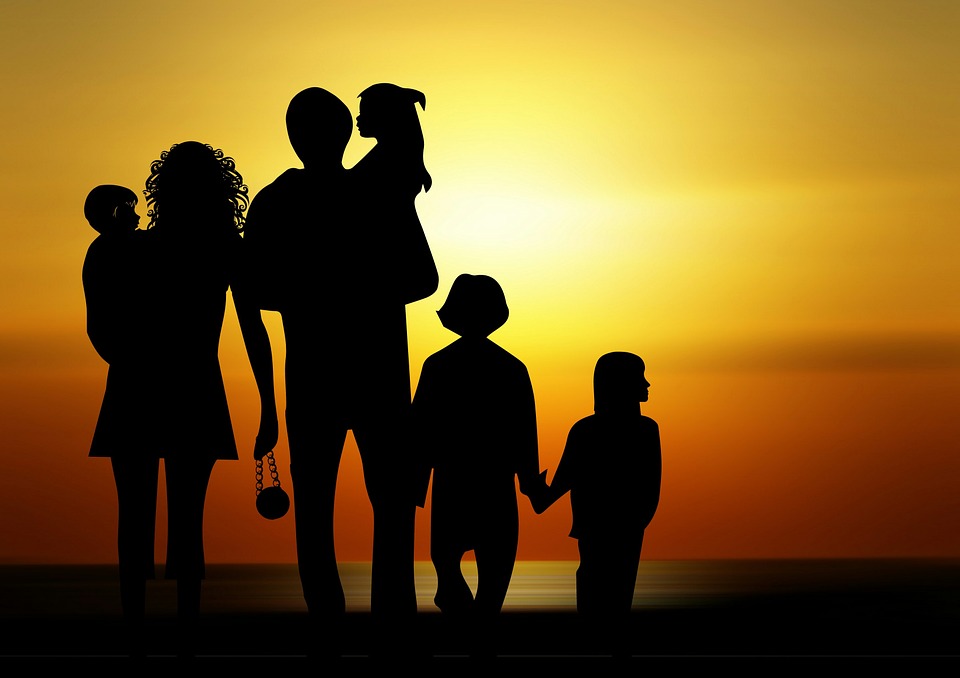Family Relationship Changes
- Relationships may become stressed when everyone’s emotions are heightened, and conflicts with spouses and other family members may increase.
- Family members or friends may be forced to move out of the area, disrupting relationships and usual support systems.
- Parents may be physically or emotionally unavailable to their children following a disaster or traumatic event, because they are preoccupied, distracted, or distressed by difficulties related to the event.
- Parents may become overprotective of their children and their children’s safety.
- Children may be expected to take on more adult roles, such as watching siblings or helping with cleanup efforts, leaving less time to spend with friends or participate in routine activities, such as summer camp or field trips.
Remember
- It is normal to feel anxious about you and your family’s safety.
- Sadness, grief and anger are NORMAL experiences.
- Everyone will cope in different ways.
- Acknowledge your feelings will help you heal.
- Focusing on your strengths will help you heal.
- Family relationships may become stressed when everyone’s emotions
Coping Strategies
- Talk about the event
- Encourage family members to describe what they: Saw . . Heard . . . Thought . . . Smelled . . . Felt . . .
- Be supportive and non-judgmental
- Get and give information
- Discuss factual information.
- Share about recent changes in your lives. This helps everyone know what is happening and what to expect.
- Maintain crucial standards with children but be more flexible with less important expectations.
- Be flexible with roles and chores.
- Set priorities and problem solve with input from family members
- Allow time to heal. Give yourself and your family time to heal at their own pace. Think of healing as a family issue not an individual one.
- Give and ask for support from family members, friends and the community.
- Review emergency preparedness. Improve those areas that need some attention and family practice drills.
- Laugh. Use humor. Try to lighten up if you can.
- Be more tolerant. Give each other space.
- Validate each other:
- Give hugs.
- Tell each other how much they are appreciated.
- Offer praise.
- Use rituals. Rituals are symbolic events that can support and aid growth and healing. Rituals can help the family in the healing process and reaffirm family bonds.
- After some time has passed, review what has happened with your family. Concentrate on how each person has changed or grown.
- Take time to do fun things.
Download Understanding Your Family After Trauma – Tips And Coping (PDF)

